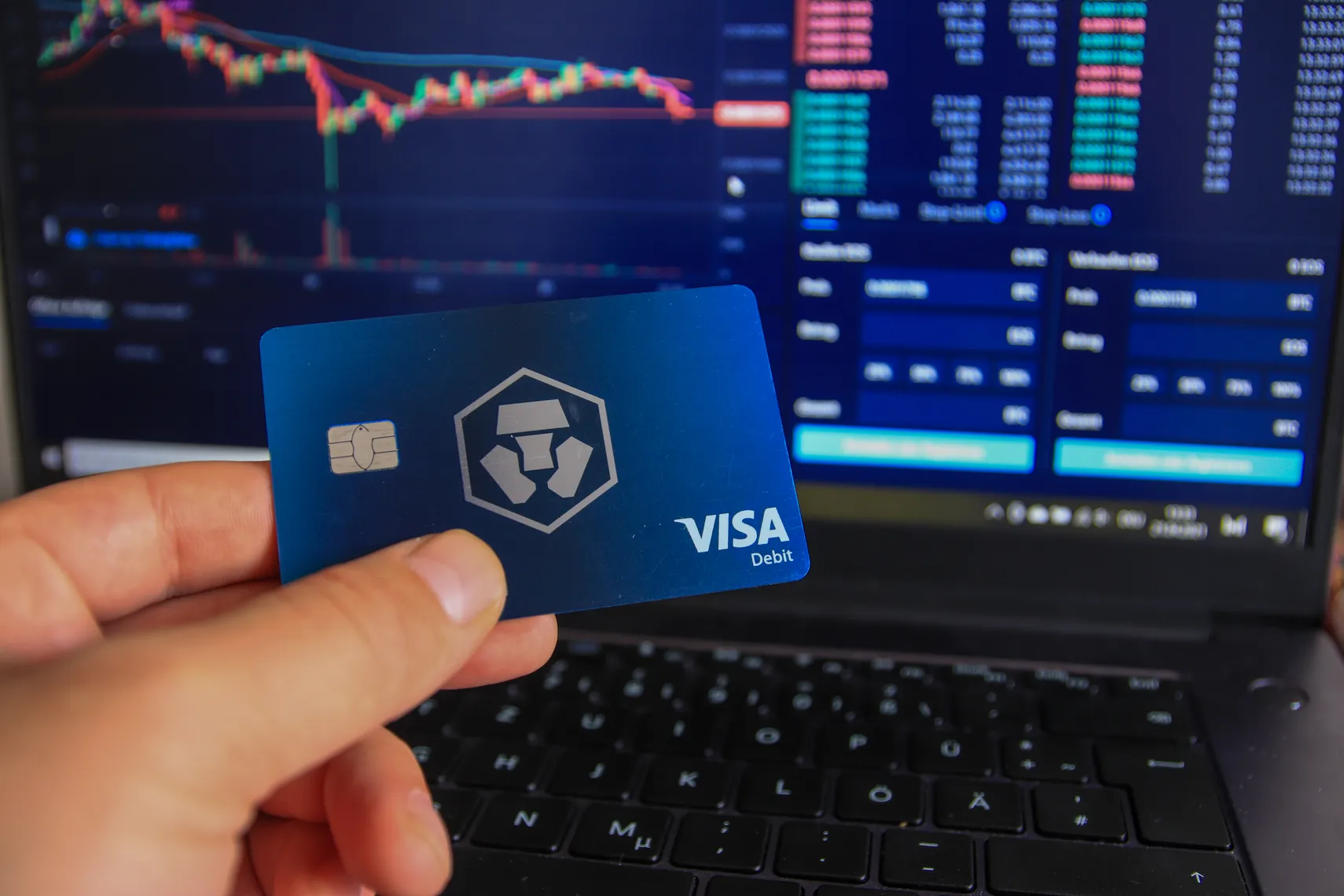Crypto.com Visa Card top-up fee: How to avoid paying new 1% charge
Crypto.com started charging users a fee of 1% for using credit-debit card to top up
Visa’s tie-up with Crypto.com card got digital coin enthusiasts excited when it launched the world’s first crypto friendly credit card, but users are getting flustered by Crypto.com’s decision to impose a 1% top-up charge.
The Crypto.com Visa Card prepaid debit card which users can preload using a range of either fiat or cryptocurrencies.
There are five different card tiers available. Each tier requires you to stake a certain amount of Crypto.com Coin (CRO), which is the platform’s native token, for 180 days.
CRO to US dollar
Visa has touted its no fee status as a selling point so the recent announcement was sudden.
The company said in a press release announcing the move that the fees are “to ensure the long-term sustainability of our growing card programme” in a press release referring to the 1% top-up fee for credit and debit card top-ups to all cards in the EU and UK.
How can I avoid the 1% charge?
It is not clear at this point how users can sidestep Crypto.com’s latest charge but there are a number of ways to cut down on your credit card bills.
Pay off your balance
For each billing cycle, pay off your balance in full to avoid being charged interest by your credit card provider. Your annual percentage rate (APR) listed in your cardholder agreement is the amount of interest you are charged with.
Different cards have different APRs, some charge variable APR according to the prime rate, while others have fixed APRs that do not change with the prime rate. Check your recent bill to find out your APR.
Pay on time
When you are late to pay your credit card bill, you will incur a fee that ranges between $29 and up to $40. It is suggested to make minimum payment by the due date to be a good paymaster, which will reflect on your credit score.
Spend within your limit
The fee, if any, depending on your card issuer, for spending over your credit limit cannot be greater than the amount you spend over your limit. The fee is different from others as you have the option to choose and to approve the over credit limit spending charge feature.
Crypto wallet
According to Crypto.com, users “can continue to fund your Crypto.com Visa Card via the Fiat Wallet and Crypto Wallet with zero fees.”
Mainstream cryptocurrencies such as BTC, ETH, XRP, USDT, ADA, USDC, even meme crypto DOGE can be used to top up the Crypto.com Visa Card.
DOGE to US dollar
Tokens such as LINK, MANA and MATIC can also be used to top up the Crypto.com Visa Card.
Crypto.com recently announced some changes which the firm says will ensure the long-term sustainability of its Visa card program.
The digital asset exchange adjusted the benefits program for select Card tiers on 23 July of its prepaid debit card.